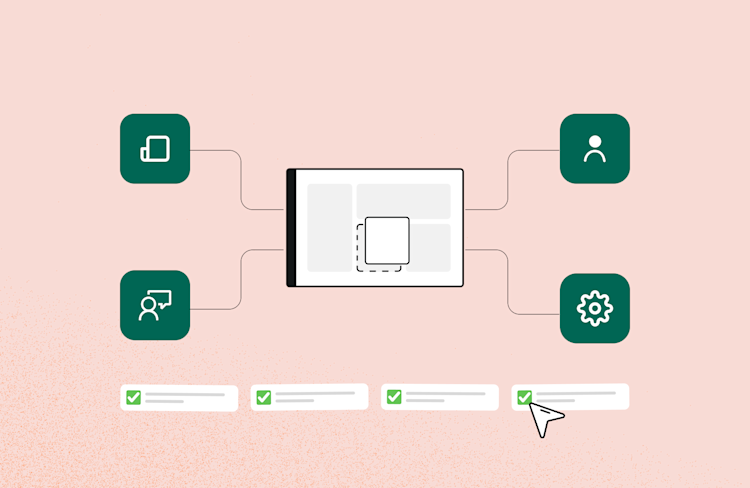How can we overcome the huge talent shortage of developers by hiring remotely?
CEO and Co-founder of Nixa.io, Kristine Angeltvedt, on how to accelerate growth by embracing remote hiring. Nixa.io is a curated job platform that matches remote developers with tech companies looking to hire remote talent.
In a globalized world where digitalization is connecting more countries and people every day, new ways of organizing work are on the rise. Remote work is not just a perk offered to high performing employees or just another hype that will eventually blow over. It is a way of organizing work for everyone, everywhere in the 21st century.
In today’s market, we can observe a striking discrepancy between supply and demand when it comes to developer positions. We see a clear abundance of open positions and a huge shortage of talent to fill these roles. Consequently, it’s getting harder for companies to attract qualified talents and even harder to bring them on board. Most developers can pick a job of their choosing and make demands that are consistently increasing by the day. Some of the demands, like sky-high salaries, can be difficult to satisfy whereas other demands like increased flexibility, autonomy and the ability to work from home or while traveling — are possible to comply with by offering remote work.
Yes, hiring people remotely does require organizational change and transition — but in return it will allow companies to offer the flexibility and autonomy that most professionals require from an employer. It will also give companies a unique opportunity to tap into a global pool of talent, and attract only the best qualified people for the job.

According to Tecla (2019) and Buffer (2018), 1 out of 3 developers would change jobs for a remote opportunity and 60% of developers report that they want to go remote at some point in their career. Currently, there are thousands of developers looking for remote work and a limited number of available roles. This means that when companies hire remotely — the situation is the complete opposite of hiring developers on-site. Instead of a shortage of talent, there is actually a shortage of remote jobs, so the companies that are open to remote work actually have higher odds of hiring the best fit.
We spent all of last year doing a lot of research with companies and developers to understand the struggles they face in the current job market. Developers struggle to get an overview of the remote jobs available, and they also have to compete with hundreds of other qualified candidates interested in the same remote opportunity. Companies on the other hand, find it challenging to attract enough qualified applicants for their open positions. They also need to spend large amounts of time and energy on unqualified candidates and find it difficult to efficiently assess the candidate’s skills and abilities when hiring remotely.
Based on this data, we decided to create Nixa.io — a job platform that flips the model of recruitment and changes where and how companies recruit technical talent. First of all, we wanted to show companies how they can accelerate growth by embracing the global talent pool that is easily accessible to them when hiring remotely. Second, we wanted to make the process of hiring remote developers quick and easy. We believe that hiring a developer or finding a new job doesn’t have to be a long and energy-draining process. By requiring a technical pre-qualification process in advance, and only accepting the top 3% of candidates — we match talented developers with top remote opportunities that fit their profile. We also provide companies with talented and qualified candidates from day one. We make it faster, easier and more seamless for remote developers and remote-friendly companies to find each other, while reducing time to hire from 6 months to only 2 weeks.
We know that the future of work is remote and that’s why we match qualified talents with the best remote opportunities there is. We want Nixa.io to become the most preferred job platform amongst remote developers and remote companies. If you’re interested in joining us on this journey, we would love to connect! You can register your developer profile or your interest in a pilot with us on our website.





